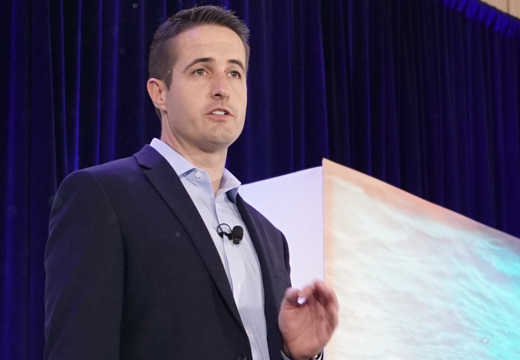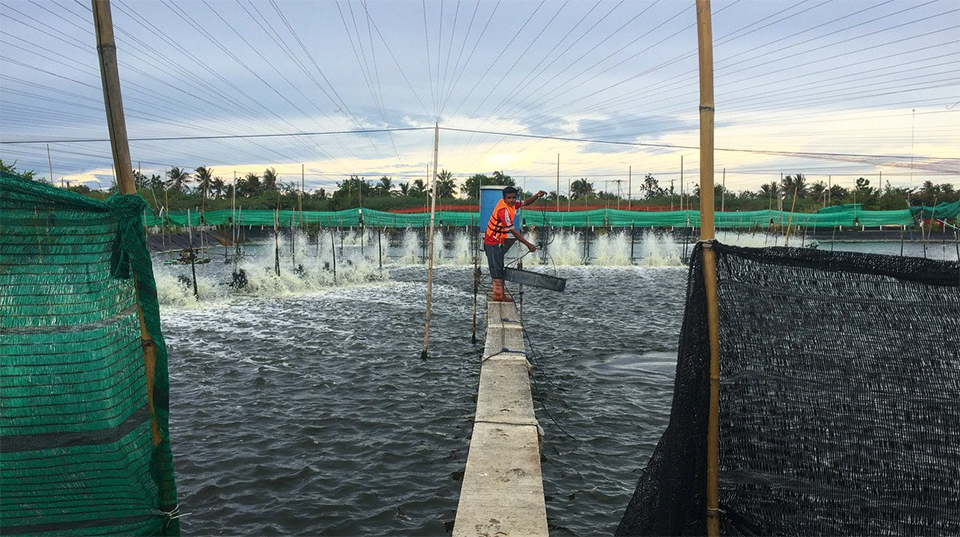First seafood traceability providers achieve interoperability at scale

Seafood traceability solutions providers Trace Register and Wholechain have connected their two tracking systems based on Global Dialogue on Seafood Traceability (GDST) compatibility standards. It’s anticipated that this collaboration will help the industry meet the compliance requirements of the Seafood Import Monitoring Program (SIMP) and the Food Safety Modernization Act (FSMA) Food Traceability Final Rule. Jayson Berryhill, co-founder of Wholechain, explained that the interoperability works similarly to email.
“You do not ask someone which email provider they use, and you are not forced to maintain multiple email accounts so that you can send an email to each of your friends using different providers,” said Berryhill. “You just send an email, and without knowing it, you see interoperability standards at work. In the seafood industry, that common standard is GDST. GDST enables suppliers to seamlessly send data to their buyers using the GDST-enabled traceability system of their choice.”
Working with GDST and other industry stakeholders, Trace Register and Wholechain collaborated to develop the standards. The two competitors then extended GDST standards using GS1’s EPCIS capture interface to make GDST compatibility more practical between suppliers and buyers. The success of this development led GDST to incorporate the EPCIS capture interface method as an official supplement to their comprehensive standards.
GDST recognizes first software products for interoperable digital traceability
The integration facilitates information to flow between Trace Register and Wholechain. For example, if a company that uses Trace Register sends seafood to a company that uses Wholechain, the data exchange is smooth. Similarly, the process is seamless if a Wholechain customer sends seafood to a Trace Register client. The automatic GDST data transmission eliminates the need for manual keying and safeguards against losing critical GDST data points.
“Interoperability greatly reduces or even eliminates portal fatigue,” said Heath England, president of Trace Register. “When systems can seamlessly ‘talk’ to one another, then suppliers, producers, supermarkets and distributors can each use a system that fits them best while having confidence that they can send and receive data regardless of what system their partners are using.”
Now that you've reached the end of the article ...
… please consider supporting GSA’s mission to advance responsible seafood practices through education, advocacy and third-party assurances. The Advocate aims to document the evolution of responsible seafood practices and share the expansive knowledge of our vast network of contributors.
By becoming a Global Seafood Alliance member, you’re ensuring that all of the pre-competitive work we do through member benefits, resources and events can continue. Individual membership costs just $50 a year.
Not a GSA member? Join us.
Author
-
Responsible Seafood Advocate
[103,114,111,46,100,111,111,102,97,101,115,108,97,98,111,108,103,64,114,111,116,105,100,101]
Tagged With
Related Posts

Innovation & Investment
Can a genomic chip in Galician mussels lead to improved seafood traceability?
A new genomic chip guarantees the authenticity of Galician mussels, leading to improved seafood traceability and food fraud prevention.

Intelligence
‘Through science, there’s no question’: How evidence-based transparency is changing seafood traceability
ORIVO, a science-based testing and certification service for the global feed and supplement industry, aims to change seafood traceability.

Intelligence
Seafood traceability partnership tackles mangrove restoration and better shrimp farming practices in Ecuador
Traceability technology enables seafood buyers to support mangrove restoration and carbon reduction initiatives in Ecuador.

Responsibility
App aims to bring clarity to seafood traceability, social compliance data
For small-scale aquaculture farmers in far-flung regions, creating traceability data can present major challenges, both linguistic and technological. It’s those challenges that VerifiK8 is poised and ready to help solve.



